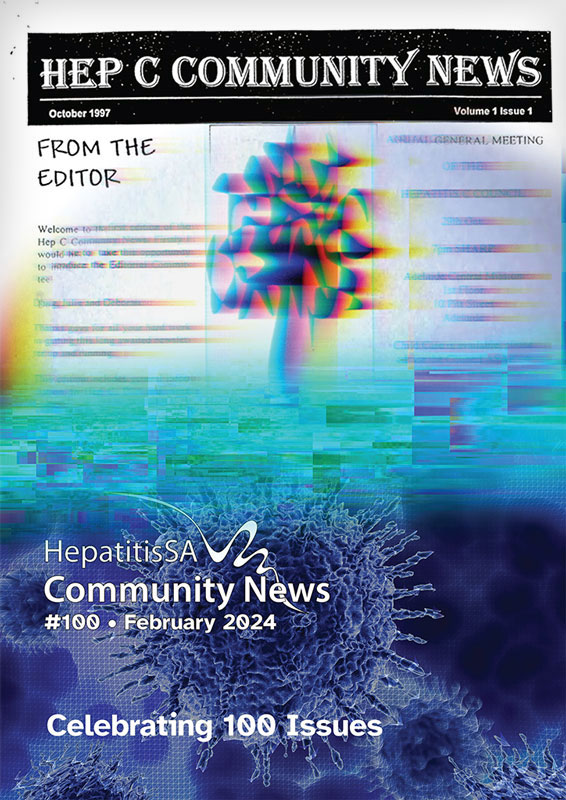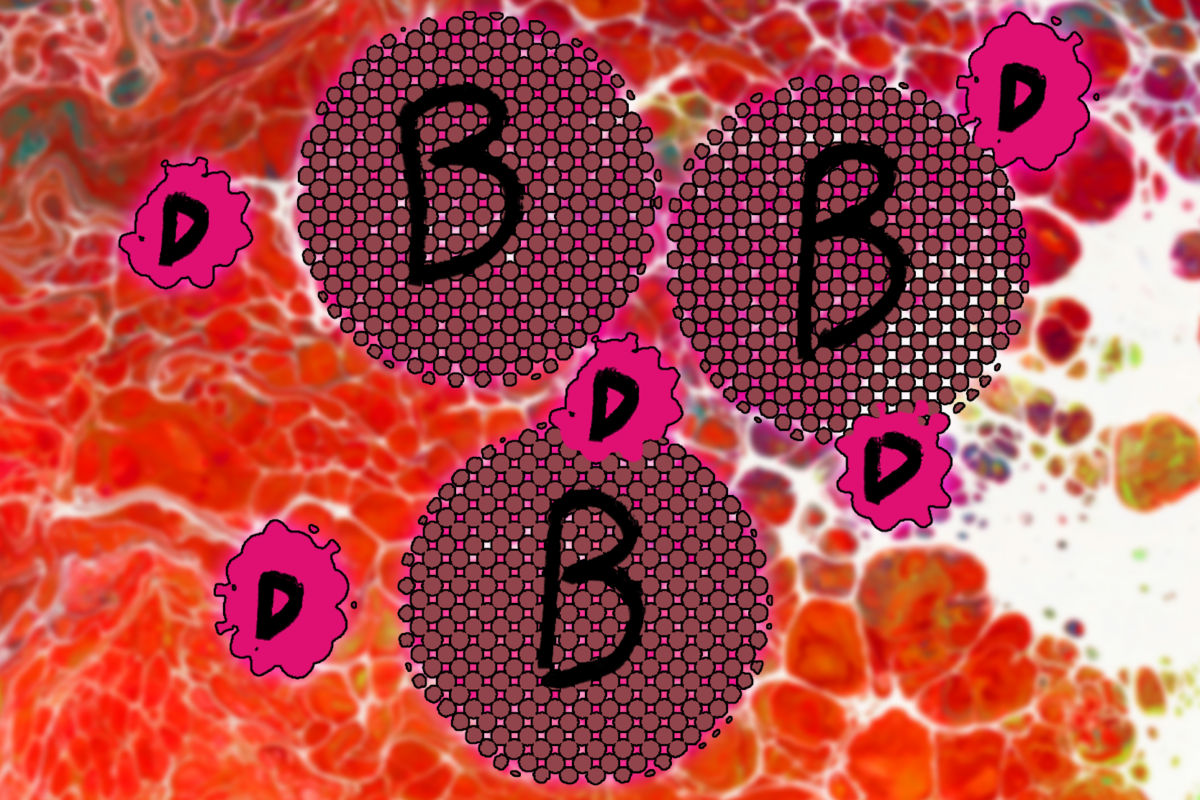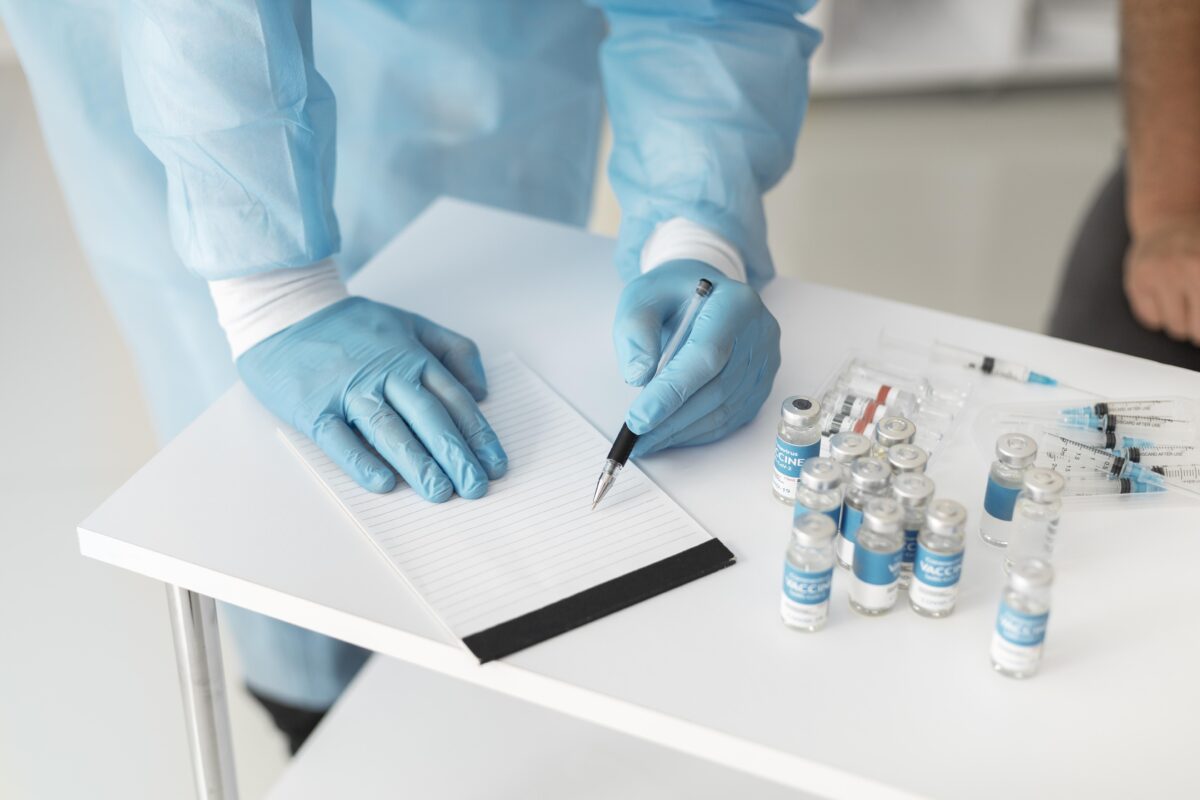The use of alcohol does not decrease the chances of sustained virologic response (SVR) among patients initiating direct-acting antiviral (DAA) therapy for chronic hepatitis C virus infection, according to a study published in September in JAMA Network Open.
Sustained virologic response means that the hepatitis C virus is not detected in the blood 12 weeks or more after completing treatment–something that in almost all cases means that the virus has been cured.
Dr Emily J. Cartwright from the Atlanta Veterans Affairs Medical Center and her colleagues evaluated whether alcohol use at DAA treatment initiation is associated with a decreased likelihood of SVR. The extremely wide-ranging analysis included almost 70,000 patients with chronic hepatiitis C who started DAA therapy between the start of 2014 and midway through 2018.
Remarkably, there was no difference in SVR across alcohol use categories…
The researchers found that 94.4 per cent of patients achieved SVR. Overall, 46.6 per cent of participants were abstinent and not considered alcoholics, 13.3 per cent were abstinent but had lived with alcoholism, 19.4 per cent had lower-risk consumption, 4.5 per cent had moderate-risk consumption, and 16.2 per cent had high-risk consumption, including alcoholics who were drinking heavily.
Remarkably, there was no difference in SVR across alcohol use categories, even for patients with high-risk consumption, when adjusted for other factors. Furthermore, there was also no interaction by stage of hepatic fibrosis.
“These findings suggest that restricting access to DAA therapy on the basis of alcohol use creates an unnecessary barrier for patients and challenges HCV elimination goals,” the authors write. Based on this research, the argument for DAA therapy being made available to everyone living with hepatitis C becomes even stronger.
In Australia, DAA treatment for hepatitis C is available on the Pharmaceutical Benefits Scheme, and has a cure rate of over 95 per cent.
Last updated 8 March 2024
More from:
Enjoyed this article? Subscribe to be notified whenever we publish new stories.
Subscribe for Updates









